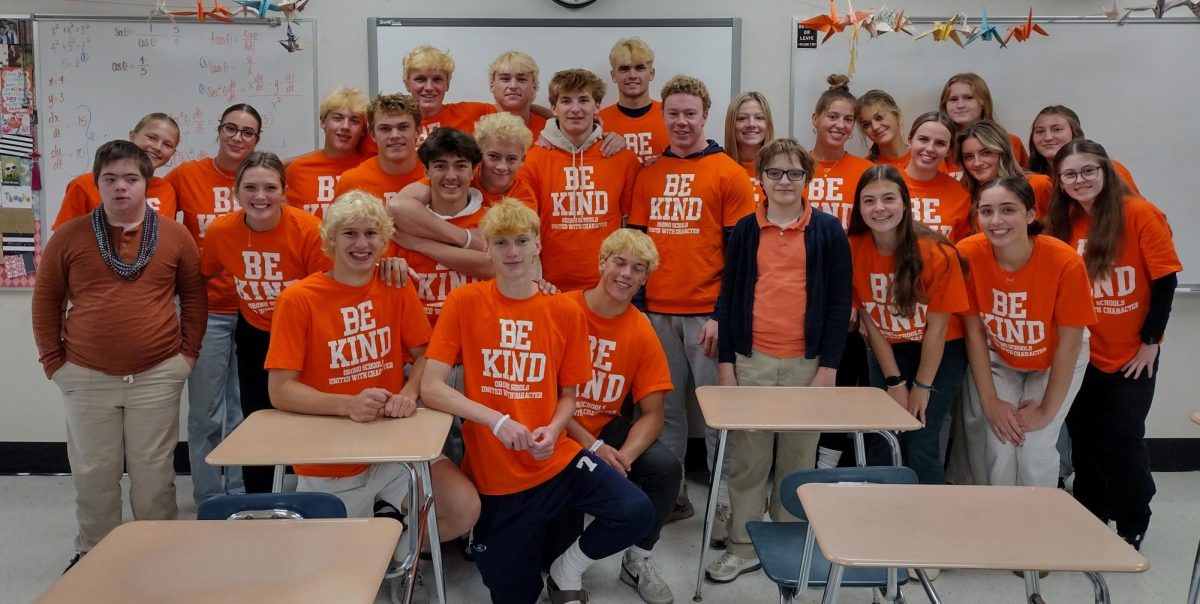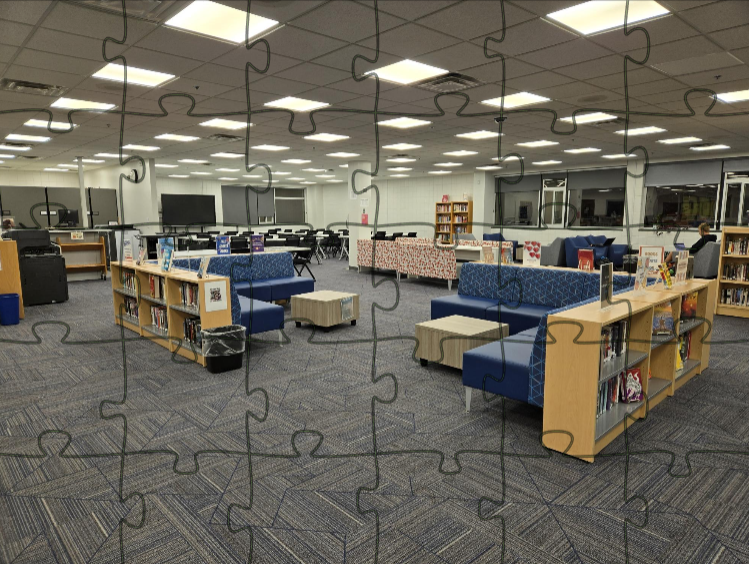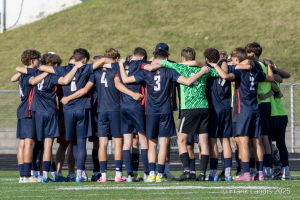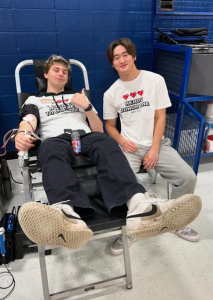Student dating that is going the distance
February 12, 2014
Most long-distance couples tend to last because they exert more time and effort into maintaining their relationship. This is because they are at an automatic disadvantage due to their physical separation, according to Tina Tessina, Ph.D.
“[Having a long-distance relationship] has its difficulties, but so does dating someone in high school. I personally think that [Matt and I] being separated makes our relationship stronger due to the need for communication,” senior Allie Potter said.
Potter is currently dating Matthew Hauser, a freshman at the University of Denver. The two have been dating for two years.
“Communication is key, so attempt to adjust to each other’s schedules and [try] to be understanding,” Potter said.
OHS students involved in long-distance relationships said that conflicting schedules and less time spent together are the two most challenging aspects of the relationship.
“For me, the hardest part was last year, when Amanda attended the University of Wisconsin-Superior, and [I] was not [able to see] her during the week and [on] some weekends,” senior Nick Geiger said.
Geiger has been dating Amanda Peterson, now a sophomore at Concordia of St. Paul, for almost two years and said that they both wanted to make their relationship work during college.
“My tip is that if you have a strong relationship, you will do fine, but you need to talk things through more than you would normally,” Geiger said.
According to Maria Masters in her article, “Secrets of Long Distance Relationships,” the most important factors in maintaining a long-distance relationship are to have strong communication, complete trust in one another and to understand one another. Above all, you must be realistic.
“You have to love the person,” junior Jennifer Soshnik said. “If you can’t see yourself being with that person a year or two down the road, don’t even bother wasting your time. There’s someone better out there!”
Soshnik’s boyfriend of a one year and four months, Michael Hill, is taking a gap year, during which he is completing missionary work in Australia for six months.
“Six months is a long time and this will be our next challenge,” Soshnik said, “but we plan on making it work.”
“Absence makes the heart grow fonder,” Hill said.




























































